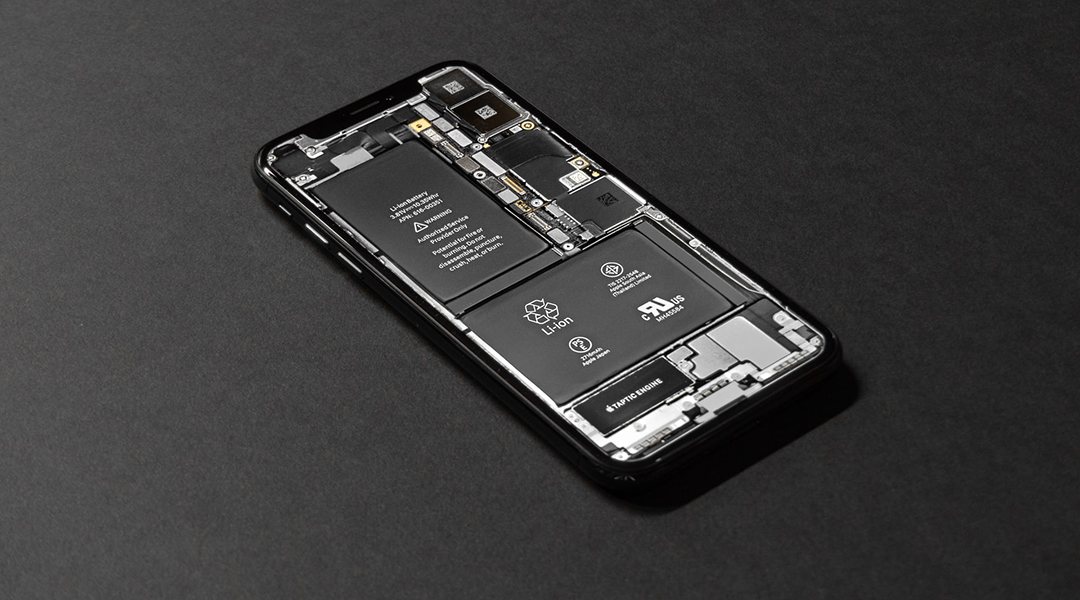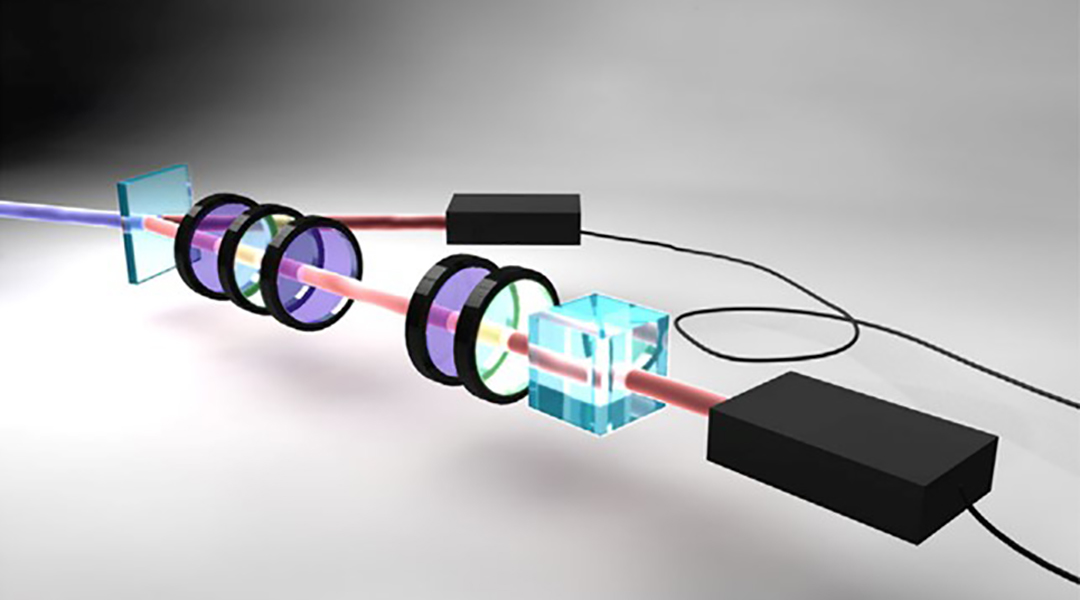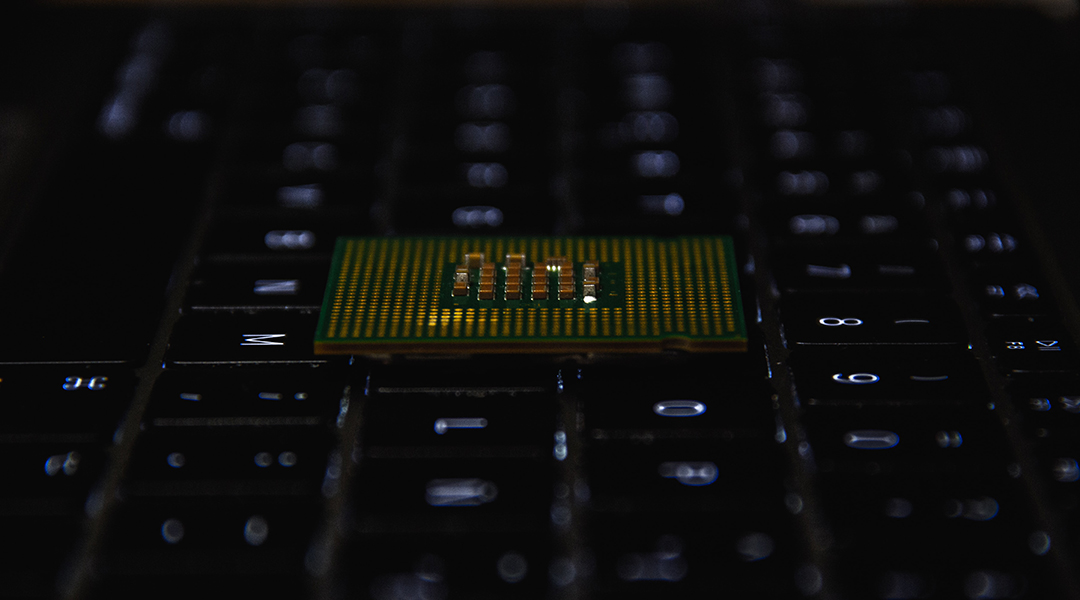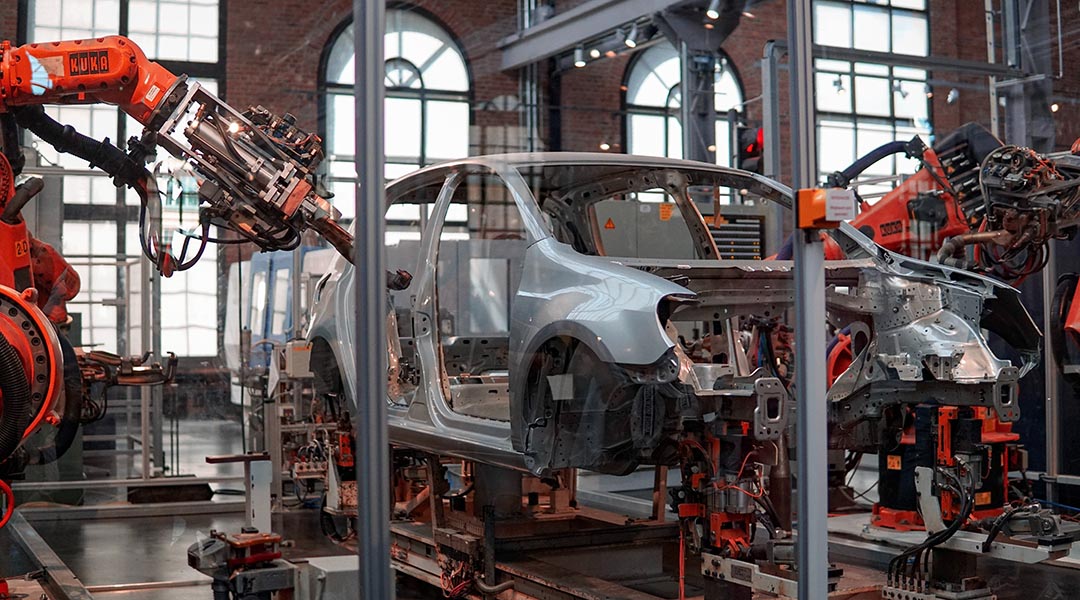Automated molecule design through machine learning helps scientists identify and synthesize a new polymer electrolyte for lithium-ion batteries.


Automated molecule design through machine learning helps scientists identify and synthesize a new polymer electrolyte for lithium-ion batteries.

Researchers take a different approach to machine learning to uncover the physics of optics in composite materials.

Credited as one of the first computer scientists, Ada Lovelace saw the potential of computers a century before any were ever built.

Quantum computing to process large amounts of data tested by bringing together complementary and versatile quantum processors.

When researchers create narratives that invite communities into the storytelling, the outcome can be more responsive, relevant, and just.

An in-memory computing prototype provides a promising solution for edge computing systems to implement continual learning.

A new device setup enables an interface between biomolecules and electronic materials for biohybrid electronics.

Researchers calculate the automation risk of almost 1000 existing occupations and provide alternatives based on skill set.

Memristor-based sensing devices generate biological-like electrical signals that mimic those found in the brain for better computing.

A new approach to in-memory computing proposes a new set up to create an artificial synapse that can both store and process data.